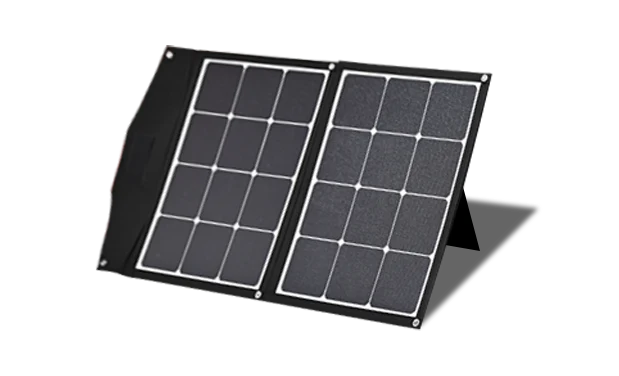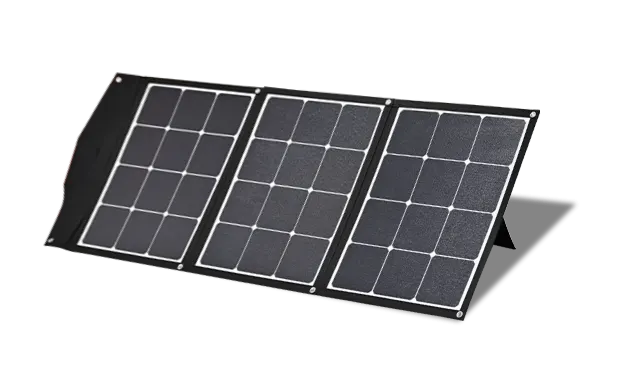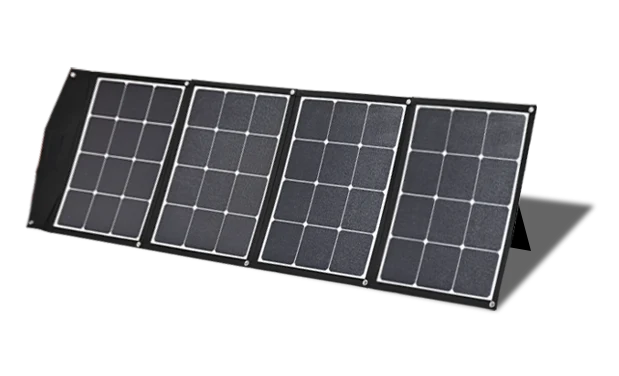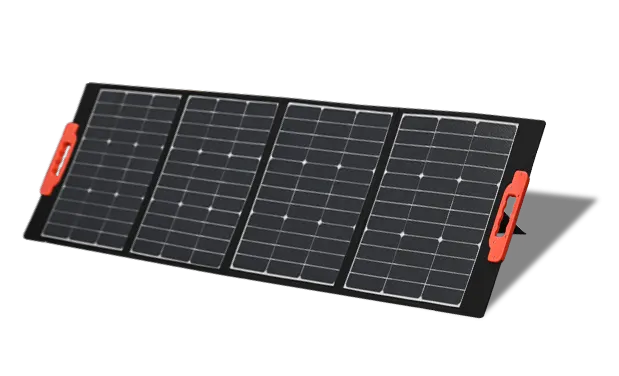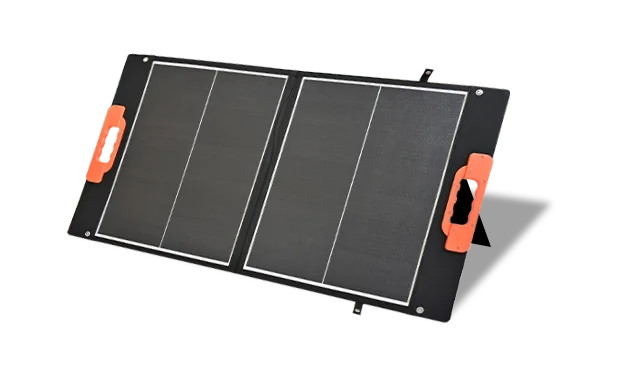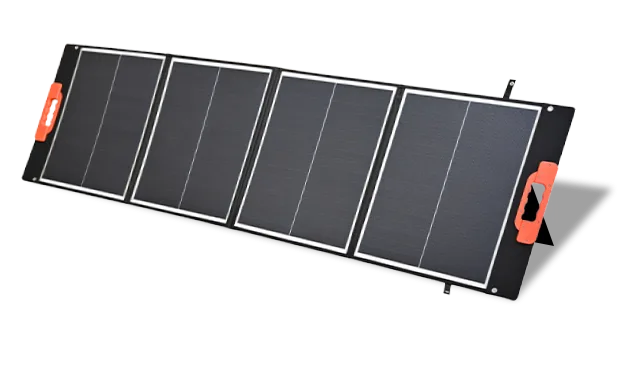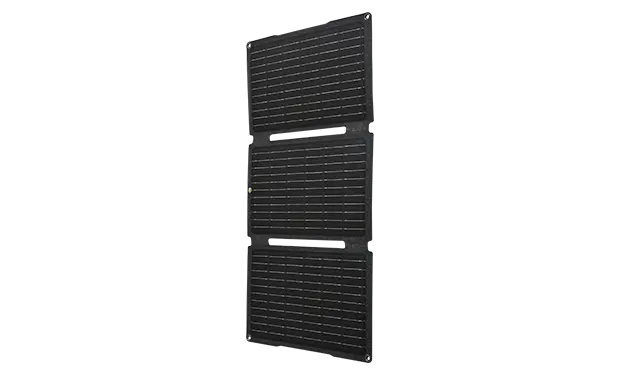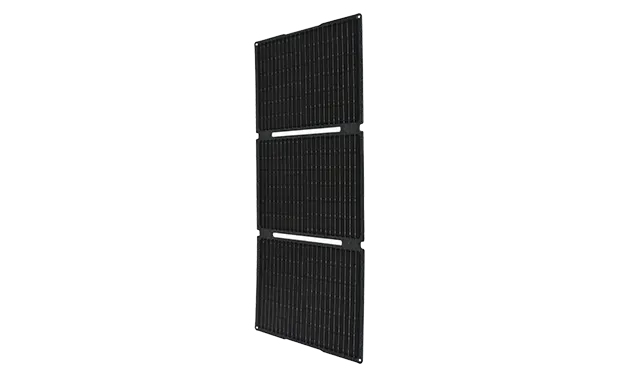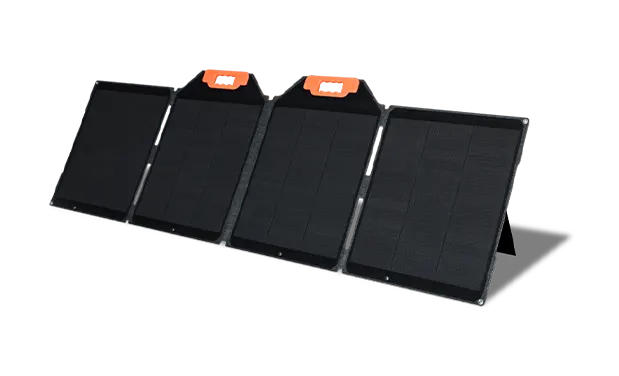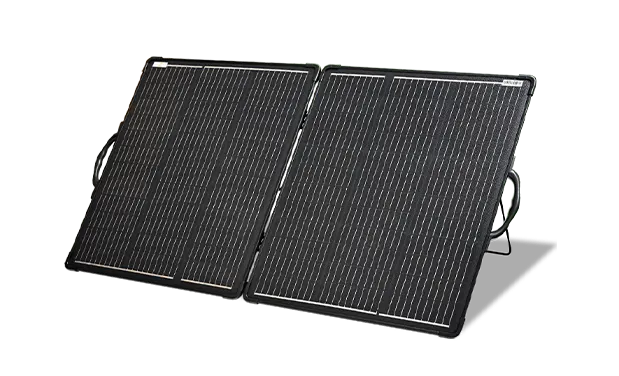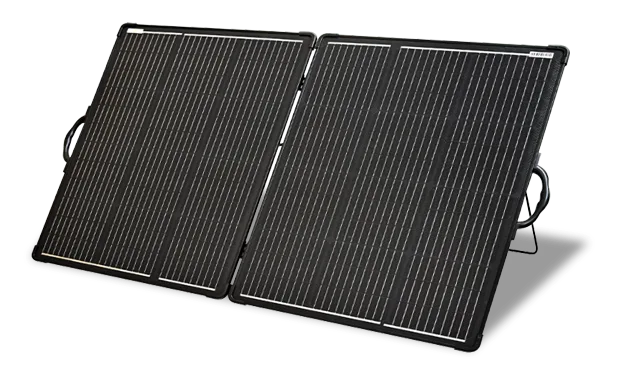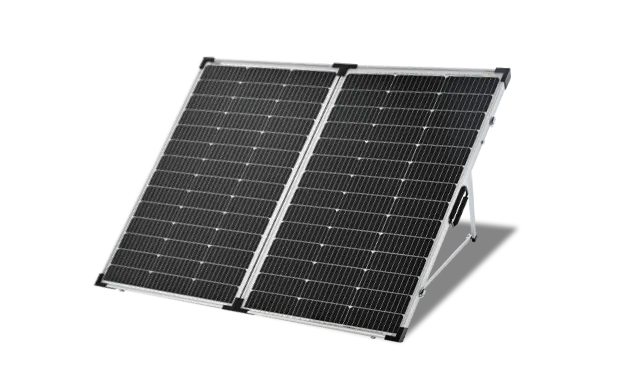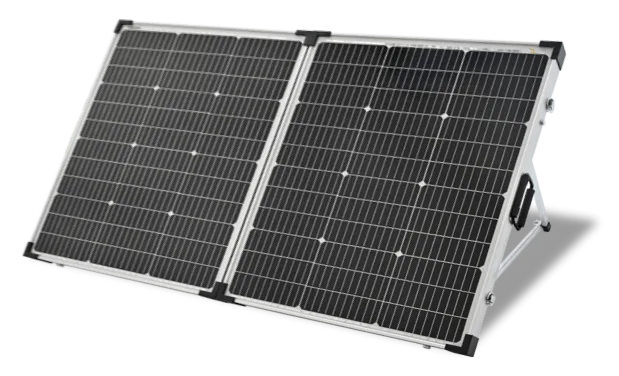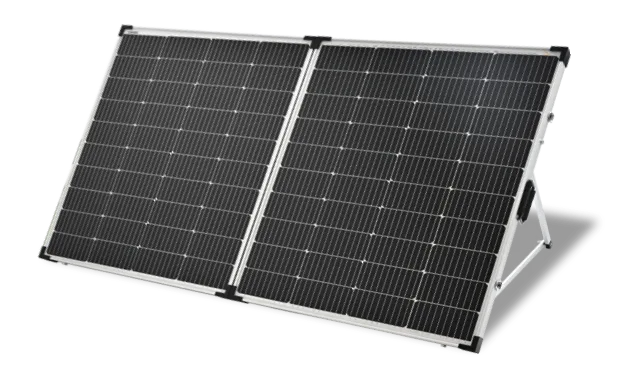When talking about solar systems, most people think of the huge photovoltaic panels that are used in PV projects. As photovoltaic technology continues to evolve and more and more solar panels become available, more and more commercial and domestic solar users are choosing to invest in lightweight solar panels.
Environmental policies are being actively developed and implemented around the world to combat climate change and promote the use of renewable energy. Many countries have set renewable energy targets and introduced incentives and subsidies to reduce energy consumption. In this context, the photovoltaic industry offers a cleaner and more sustainable energy option.
Lightweight folding solar panels can do this, and they are suitable solar systems for any application scenario. When your roof does not have enough load-bearing capacity to support conventional solar panels, consider light-weight solar panels, they do not affect the complete structure of the roof system. Most lightweight solar panels are thin-film solar panels, which are significantly lighter because they avoid the use of glass panels. In addition, lightweight solar panels are flexible and can be matched to uneven surfaces, such as curved commercial roofs and irregular building roofs.
What are lightweight solar panels?
Lightweight solar panels can be divided into monocrystalline solar panels and polycrystalline solar panels, the most distinctive features of which are their lightness and thinness. Lightweight solar solutions usually consist of solar cells that are about as thick as human hair, which is a surprising fact. However, most solar panel manufacturers are still breaking records by making thinner wafers for lighter overall weight and better flexibility.
Classification of solar panels
The mainstream solar panels on the market can be classified as monocrystalline, polycrystalline, and thin film solar panels. In our previous discussion, we classified Sungold’s solar panels into monocrystalline, stacked tile, and Sunpower based on the cells used.
Monocrystalline Solar Panels
The main difference between polycrystalline and monocrystalline panels lies in the cooling process during manufacturing. While monocrystalline panels are made from a single silicon crystal, polycrystalline panels are made up of multiple silicon crystals, giving them their characteristic appearance.
One drawback of polycrystalline panels is their lower energy efficiency compared to monocrystalline panels. Polycrystalline panels typically have an energy efficiency ranging from 15% to 17%. The presence of multiple crystals in the panel results in slower electron movement, which reduces efficiency. Consequently, polycrystalline panels have a lower power output, typically ranging from 240W to 300W.
Despite their lower efficiency, polycrystalline panels remain a popular choice due to their affordability and reasonable performance in various conditions. The specific choice between polycrystalline and monocrystalline panels depends on factors such as budget, available space, and energy requirements.

What Are the Benefits of Lightweight Solar Panels?
Lightweight solar panels offer several benefits compared to traditional solar panels. Here are some key advantages:
- Portability: Lightweight solar panels are designed to be easily portable and can be carried and installed without much effort. This makes them ideal for applications such as camping, hiking, and other outdoor activities where a portable power source is required.
- Easy installation: Due to their reduced weight, lightweight solar panels are easier to handle and install. They can be mounted on various surfaces like rooftops, vehicles, and backpacks, making them versatile and adaptable for different settings.
- Improved flexibility: Lightweight solar panels are often made from flexible materials such as thin-film solar cells or flexible crystalline silicon. This flexibility allows them to conform to curved surfaces, enabling installation in unconventional locations where rigid panels may not be suitable.
- Increased efficiency: Advances in technology have improved the efficiency of lightweight solar panels, allowing them to convert a higher percentage of sunlight into electricity. This means they can generate more power for their size, making them a viable option even with a smaller surface area.
- Durability: Many lightweight solar panels are designed to be durable and resistant to environmental factors such as impact, moisture, and temperature variations. Some panels are even built to withstand extreme weather conditions, making them suitable for outdoor and off-grid applications.
- Lower transportation costs: The reduced weight of lightweight solar panels leads to lower transportation costs compared to heavier panels. This can be especially beneficial when shipping panels to remote locations or areas with limited infrastructure.
- Aesthetically pleasing: The sleek and low-profile design of lightweight solar panels often blends well with various architectural styles. They can be integrated into buildings without significantly altering their appearance, making them an attractive option for solar installations in residential and commercial settings.
- Reduced structural requirements: The lighter weight of these panels places less stress on the structures they are mounted on. This can result in lower installation costs, as there may be no need for reinforcing the structure to accommodate the weight of traditional solar panels.
Where are lightweight solar panels suitable for use?
Lightweight flexible solar panels are useful in various scenarios where portability, flexibility, and lightweight design are required. Here are a few examples:
- Portable Power Solutions: Lightweight solar panels are ideal for outdoor enthusiasts such as campers, hikers, and backpackers who need to charge their electronic devices or power small appliances while on the go. These panels can easily be folded or rolled up, making them highly portable and easy to carry in a backpack.
- Recreational Vehicles (RVs) and Caravans: Flexible solar panels can be installed on the rooftops of RVs and caravans to provide a convenient source of power. They can charge the vehicle’s batteries, run electrical appliances, and even power air conditioning systems when the vehicle is stationary. This allows for more comfortable off-grid living and reduces the reliance on fuel-based generators.
- Marine Applications: Lightweight solar panels can be used on boats and yachts to generate electricity for various onboard systems. They can power navigational equipment, lighting, refrigeration units, and other electronics, reducing the need for running engines or relying solely on shore power.
- Portable Charging Stations: Flexible solar panels can be used to create portable charging stations for electronic devices in remote locations. These panels can charge power banks or be directly connected to smartphones, tablets, or other small devices to provide renewable energy on the go.
- Emergency Power: Lightweight solar panels are useful in emergency situations where access to grid electricity is disrupted. They can be easily deployed to provide power for lighting, communication devices, medical equipment, and other essential needs.
- Agricultural and Industrial Applications: Flexible solar panels can be used on agricultural buildings, warehouses, or industrial rooftops where weight limitations and flexibility are crucial. They can generate electricity for onsite use, reducing energy costs and environmental impact.
Overall, lightweight flexible solar panels offer versatility and convenience in situations where traditional rigid panels are impractical or insufficient. Their portability, ease of installation, and ability to conform to different surfaces make them suitable for a wide range of applications, from outdoor adventures to sustainable energy solutions.





